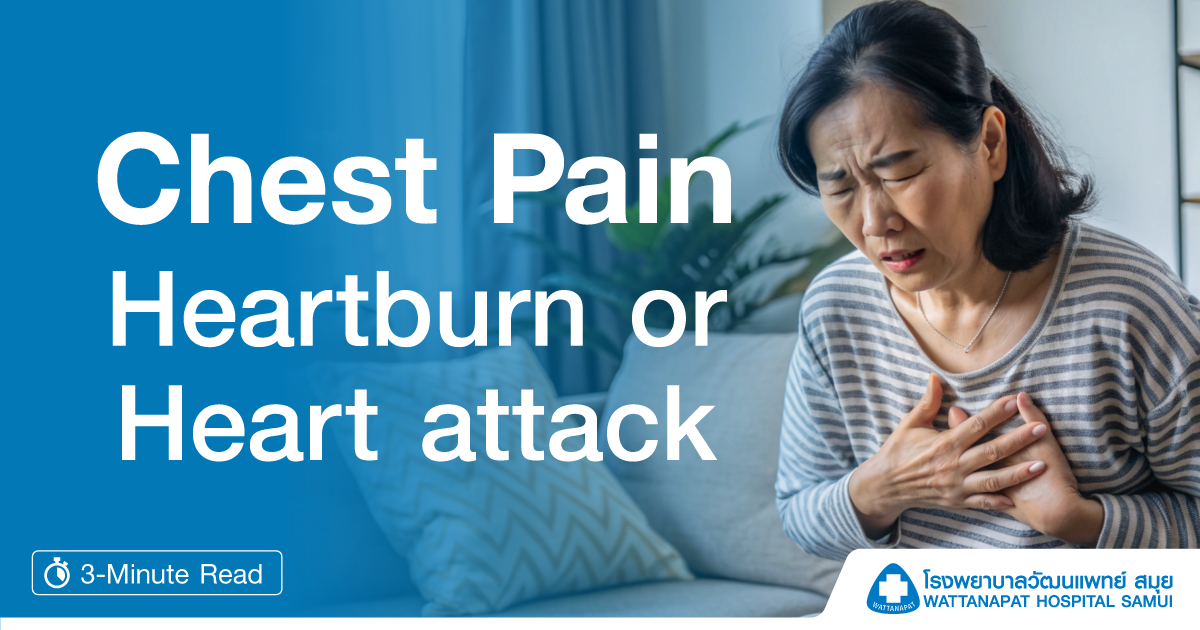Telling the difference between heartburn and heart attack
Telling the difference between heartburn and heart attack
The sensation of chest tightness is a familiar one to many, often arising either from strenuous exercise or, on occasion, striking unexpectedly throughout the day. However, the burning question for most is: "Is this discomfort a warning sign of heart disease, or merely the result of acid reflux?" Understanding the distinction between these symptoms is paramount, as it paves the way for appropriate and timely treatment.
Symptoms of Heart-Related Chest Pain vs. Acid Reflux
Typical Signs of Heart Disease:
When heart disease is the culprit, chest discomfort tends to center itself right in the middle, often described as a heavy pressure. Accompanying this may be a burning sensation or pain that radiates down the left arm, to the neck, back, or even the jaw. This may be coupled with breathlessness, excessive sweating, and nausea.
Distinctive Traits of Heart-Related Chest Pain:
Typically, this kind of discomfort occurs during physical activity or strenuous effort and tends to subside once the exertion ceases. Moreover, the pain usually doesn't last long, but if it persists beyond what is considered normal, it could signal acute myocardial infarction.
Symptoms of Acid Reflux:
Those suffering from acid reflux often experience a burning sensation in the center of the chest, paired with sour belching or excessive salivation. Additionally, there may be bouts of coughing or hoarseness, often triggered after heavy meals or when lying flat.
Key Differences Between Acid Reflux and Heart-Related Chest Pain:
Acid reflux symptoms rarely correspond with physical exertion and typically ease when standing upright or sitting. In stark contrast, heart-related chest pain often worsens with movement or activity.
Causes of Heart-Related Chest Pain:
The primary driver behind heart-related chest pain is coronary artery blockage. This occurs due to the buildup of fatty plaques within the blood vessels, restricting adequate blood flow to the heart muscle.
What Causes Heart Disease? How to Prevent It, Risk Factors, and Diagnosis:
Risk Factors for Heart Disease:
Key risk factors include advancing age, smoking, diabetes, high blood pressure, and a family history of heart ailments.
Diagnostic Methods for Heart Disease:
Heart disease can be diagnosed through an electrocardiogram (EKG), exercise stress tests, or a computed tomography (CT) scan, which evaluates the blood flow within coronary arteries.
Treatment for Heart Disease:
Treatment options vary depending on severity, ranging from medication that dilates the blood vessels to medical procedures like balloon angioplasty. In some cases, coronary bypass surgery may be necessary.
Preventing Heart Disease:
Prevention strategies include regular exercise, avoiding smoking, consuming heart-healthy foods, and managing body weight.
Conclusion:
Distinguishing between chest pain caused by heart disease and acid reflux is crucial, as they share similar characteristics yet require vastly different approaches to treatment. If chest pain arises with suspicion of being heart-related, seeking immediate medical attention is critical for prompt evaluation and appropriate care. Taking steps to care for both cardiovascular and digestive health can help mitigate the risk of future complications.



